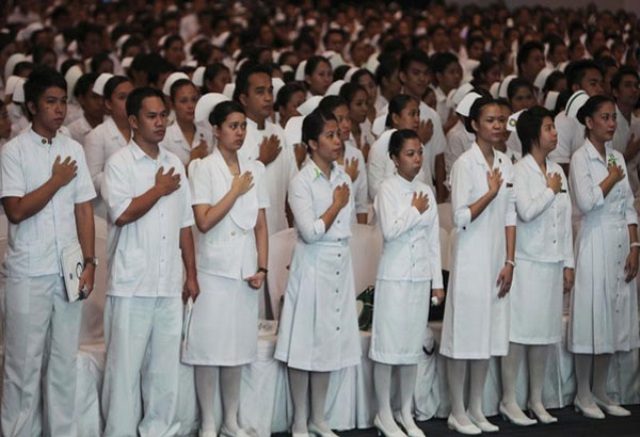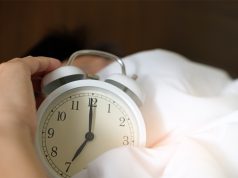The Department of Health and the Rizal Medical Center are looking into a viral video of emergency room staff sleeping while on duty. Some medical professionals have spoken out on the issue, revealing the stress and health risks medical professionals are placed under while performing their duties.
Countering the backlash
Recently, a video showing sleeping emergency room staff at the Rizal Medical center went viral, incurring the wrath of social media users.
The uploader of the video narrated how the medical staff’s alleged negligence resulted in death of her mother, who had been checked in the facility’s emergency room ward on May 21.
When her mother’s condition worsened around 2:30 a.m to 4:30 a.m, the uploader claimed to have been unable to receive proper assistance as most of the staff present were asleep.
Despite being able to seek assistance from one doctor, her mother passed away three days later.
Officials of the hospital have expressed their condolences to the family and have announced that they will investigate the matter. The uploader’s mother suffered from stage 4 nasopharyngeal cancer and acute respiratory failure secondary to community-acquired pneumonia prior to her death.
Amid the backlash from the video, some medical professionals have defended those filmed napping.
People on social media are shaming doctors by posting pics of them sleeping. That quick nap may be the first rest we've had during our 34 hour duty day. That quick nap may be the only rest we needed to refresh our minds and save you or your patient. #NoToDoctorShaming
— Ria (@riamln) May 27, 2018
Some have brought up the necessity of letting emergency room doctors take a break from their shifts, which can last up to more than 30 hours.
#NoToDoctorShaming. Mema lang. Ah basta! No to Doctor/Nurses/Any Medical Related Professionals Online Shaming! ?⛔? pic.twitter.com/eEpbsSe6jC
— VAN (@itsmeVA5N) May 27, 2018
One registered nurse posted a picture of himself sleeping, revealing to the world how napping at the workplace is a must given their taxing work conditions.
Some have also called for understanding from both sides and even proposed a solution to the medical professionals’ growing clamor.
Our Consultant once said: "No to doctor shaming, but let's not glorify sleeping out in the open at work." May point siya. Pro sana d hospital give their clerks & interns a dcent place to sleep n malapit s ER pra pag may patient mabilis 2makbo sa ER to respond. #NoToDoctorShaming
— ⓟⓐⓤⓛⓞ ⓜⓐⓡⓐ (@whenpaulotweets) May 27, 2018
The topic of the brutal 36-hour shifts medical interns are required to take on is often raised during discussion on the rigors of medical education and training.
Dangers in the emergency room
One article published by fire response and emergency services website Firehouse compiled the dangers of sleep deprivation among emergency workers and the proposed solutions to address the issue.
According to the article, emergency workers whose shifts can last up to 48 straight hours, are in danger of suffering from the various health risks posed by sleep deprivation such as cardiovascular disease and Alzheimer’s.
Among the proposals the article discussed is allowing emergency workers to get 96-hour breaks after the 48-hour shifts.
It also discussed the recommendation of the Harvard Medical School that dorms be installed next to emergency rooms so staff can be allowed the rest they need for optimum performance.
A 2004 study by the US National Center for Biotechnology Information documented the drop in performance of nurses at emergency rooms due to fatigue.
The study recommended regulation of work hours in the emergency response industry, after documenting the dangerous effect of leaving medical workers sleep-deprived.








